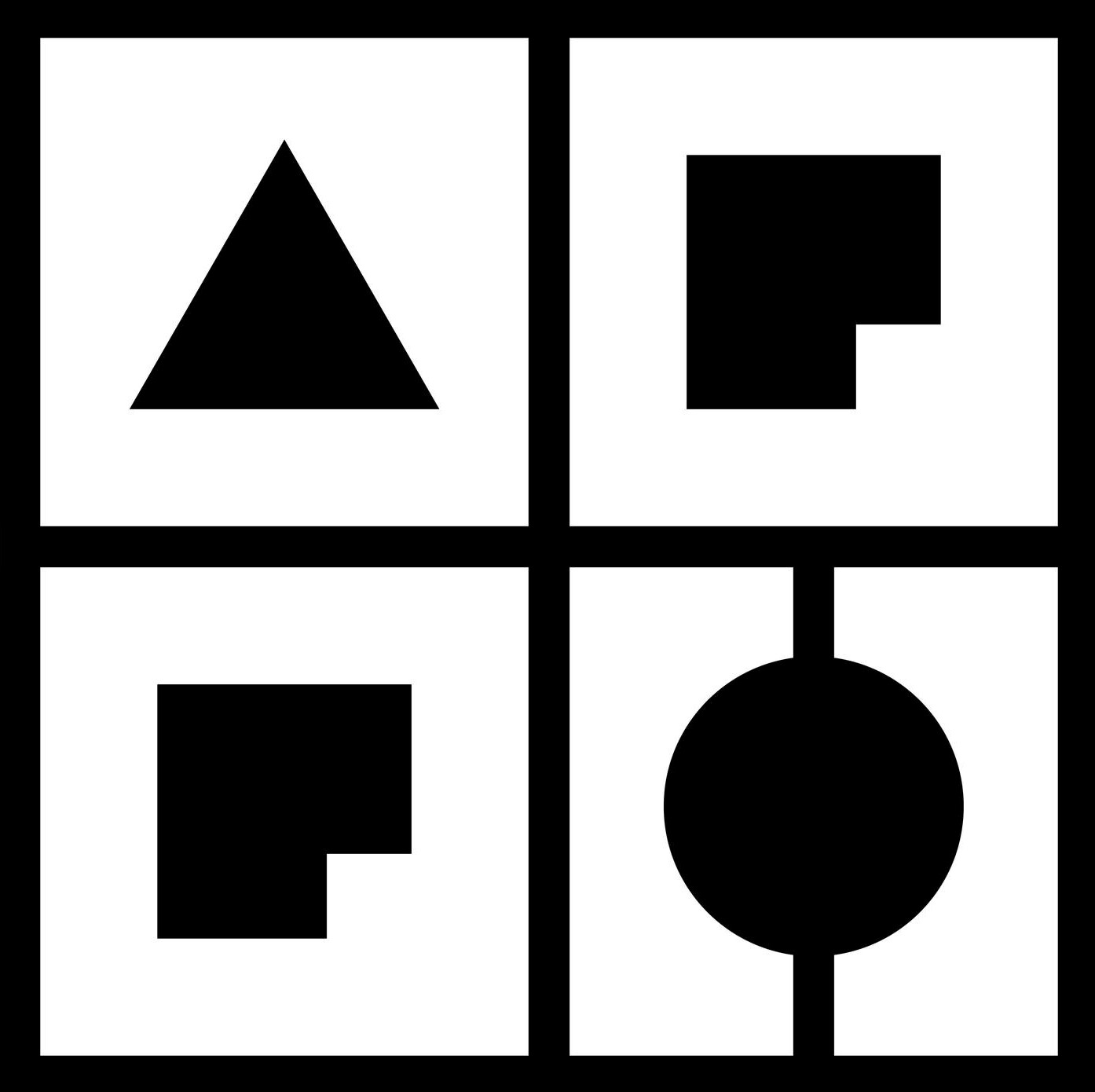OA19OU - Basics of urbanism
| Course specification | ||||
|---|---|---|---|---|
| Type of study | Bachelor academic studies | |||
| Study programme | Architecture | |||
| Course title | Basics of urbanism | |||
| Acronym | Status | Semester | Number of classes | ESPB |
| OA19OU | mandatory | 3 | 2П + 2В | 5.0 |
| Lecturers | ||||
| Lecturer (for classes) | ||||
| Lecturer/Associate (for practice) | ||||
| Condition | Облик условљености | |||
| Studio project 2 | Positively evaluated graphic work and regular class attendance | |||
| The goal | ||||
| The course discusses the theoretical and practical settings of urban space analysis in order to understand the basic elements of urban structure and form, their mutual relations and influencing factors on urban transformation in order to enable students to further study the possibility of changing urban patterns at all levels and in various aspects of urban phenomenon research. | ||||
| The outcome | ||||
| By mastering all phases of the teaching process, the student will: Gain knowledge about the origin and development of cities and aspects of urban space; understand the processes and influencing factors of urban transformation; be able to conduct multifaceted research of urban spaces; to acquire basic knowledge about interrelations in urban spaces; apply techniques and skills of recognizing city structures with special emphasis on the house and housing, traffic and public spaces; to acquire additional knowledge on urban analysis; adopt techniques for the presentation of urban-architectural space. | ||||
| Contents | ||||
| Basic terms in urbanism; A brief overview of the historical development of cities; Aspects of urban space; Influencing factors on urban transformation; Classification and typology of urban tissue; Typological determinants of the physical structure of the city; House and plot-housing of lower densities; Housing of higher densities; Public city spaces; Street-typological features; Street space design; Analysis of open public spaces; Typology of open public spaces; Traditional city block; Open city block; Design of urban spaces (relationship between built and unbuilt); Continuity of urban space development. | ||||
| Methods of teaching | ||||
| Integrated teaching through different types of lectures, workshops, practical exercises, field work and consultations. | ||||
| Literature | ||||
| ||||
| Облици провјере знања и оцјењивање | ||||
| colloquia, exam, practical exercises, seminar paper | ||||
